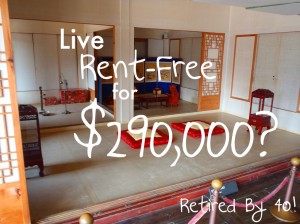
**Hi there! If you would like more fun posts like these, follow me on Pinterest!
Last Week, I stumbled across a very interesting article – “ItTakes $290,000 in cash to rent an apartment in Seoul” by Matt Phillips of Quartz. The basis of the article is that under a Jeonse contract – a Korean tradition- an individual can live rent-free!
How do they do this? In a Jeonse contract, a strictly Korean tradition, tenants lend their landlord a significant amount of money – usually 40%-60% of the property’s value – instead of paying monthly rent. In exchange for access to live on property for a specified period of months or years, tenants pay the landlord a lump sum of money. This is essentially a loan, with the property as the collateral. If the landlord were to default on it, the tenant holds the property as collateral. If something were to go wrong with the loan, the house could be sold with more than enough money to pay the tenant back.
Jeonse contracts can be traced back hundred of years in Korean history. In the 1960’s and 1970’s, however, the popularity of these contracts grew. As Korea became more industrialized their was as new need for housing in the cities and financing for economic activities. During the 1990’s, the system boomed even more as it allowed citizens to bypass the troubled banking system.
While the whole rent-free concept is interesting, what I find even more exciting is what Jeonse contracts did to savings rates within Korean households. During the 1960’s and 1970’s, household savings rates skyrocketed. Why? Because they were saving for a Jeonse contract. $290,000 is not small amount of money, but in order to live rent-free, households started socking away significant amounts of money to make it happen. This proves that Korean households COULD save large sums of money!
Recently, though, household savings rates have plummeted and debt to income ratios have started to rise – and this blows my mind! Individuals who do not possess enough money in savings for the Jeonse contract will go and borrow it from a bank! Essentially, the system designed to help bypass banks is driving the Koreans back to it!
This didn’t make sense to me at first, but then I realized that the Jeonse system is clearly in the tenant’s favor! What i don’t understand is if borrowing for the Jeonse contract still is in the tenant’s favor. I supposed that credit-worthy individuals borrow money to loan it to less credit-worthy individuals, which gives more people access to credit. But, as far as being rent-free goes, tenants may as well have a traditional rental agreement, because their payment to the bank are essentially their rent.
Another point to consider is that as people have realized how good of a deal Jeonse contract are, and as the popularity has risen, so have the amounts. Before, the amounts were 40% to 60% of the property’s value, but now they have risen to nearly 90%. This leaves a much smaller buffer for the tenant if anything were to go wrong and the house needed to be sold.
Would this work in America?
In short, I am inclined to say no. In America, even though are banking systems are overloaded and credit restrictions have been tightened, many more people have access to credit than in Korea. Even if it was very difficult to obtain credit, most would still not consider a Jeonse-style contract, as we fear unsecured loans. Also, many Americans could not come up with the necessary cash to finance such a contract. In America, we have debt so deeply ingrained in our fiber it is just a normal way of life. Payment are normal. Never “getting ahead” is normal.
How nice would it be if Jeonse contracts were to get started in the United States? Would it prompt Americans to save more, or would we ignore this amazing opportunity?

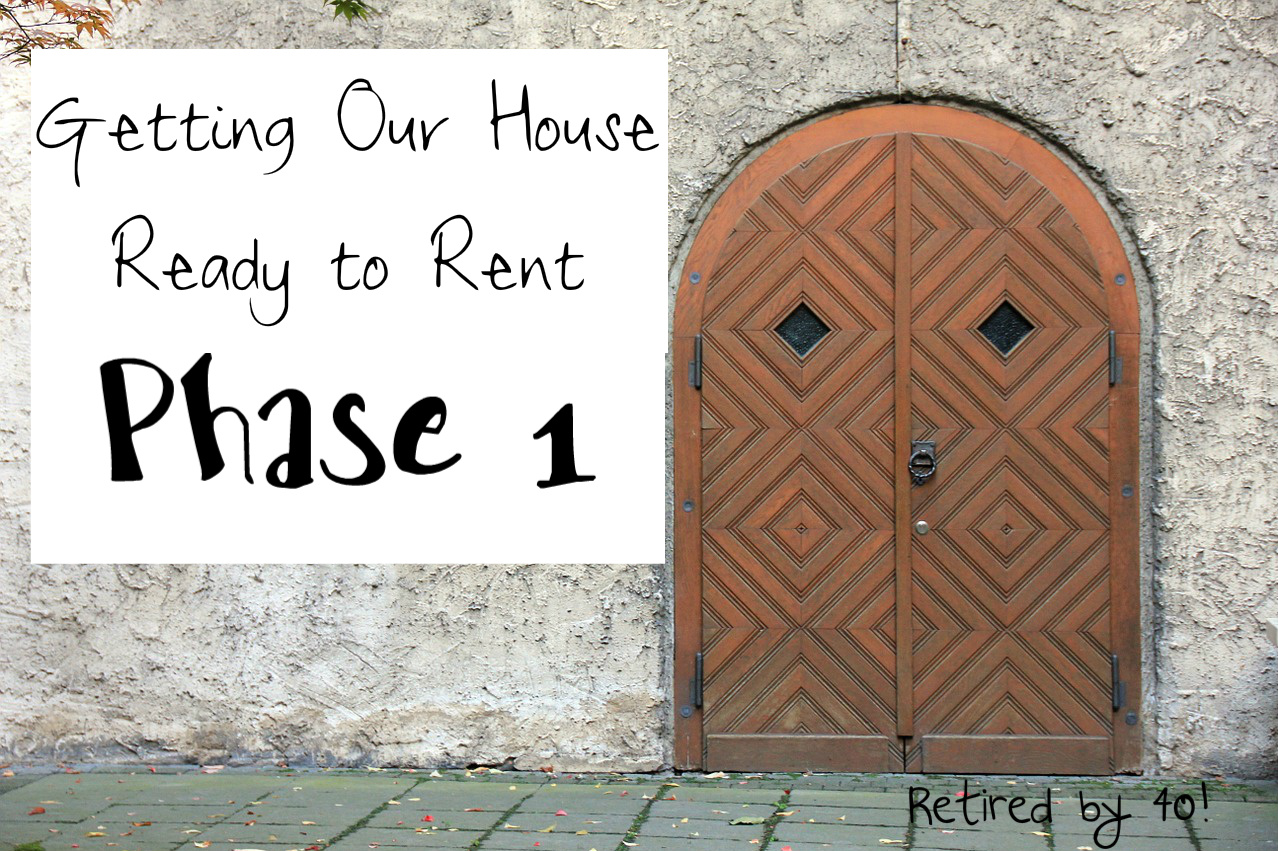

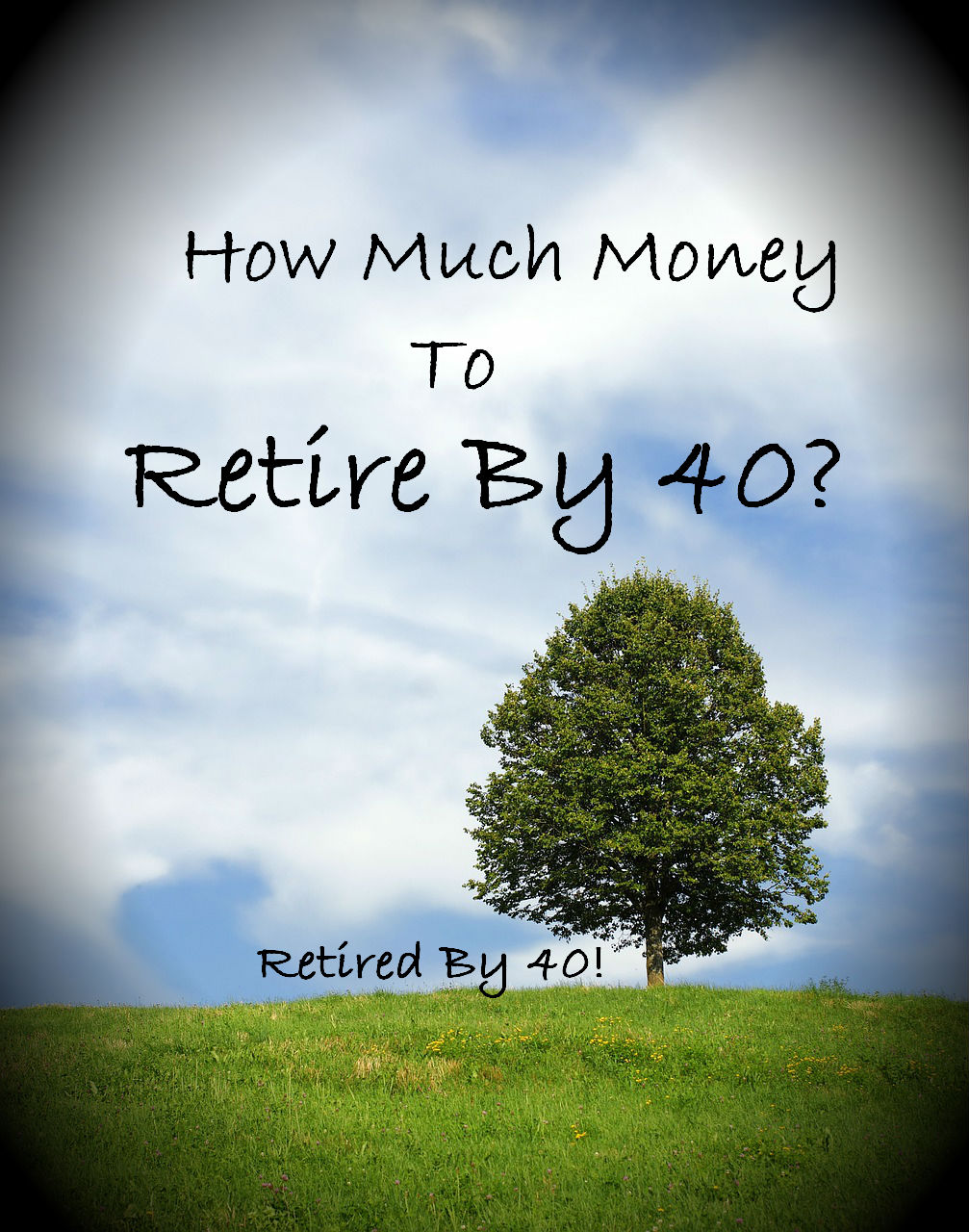
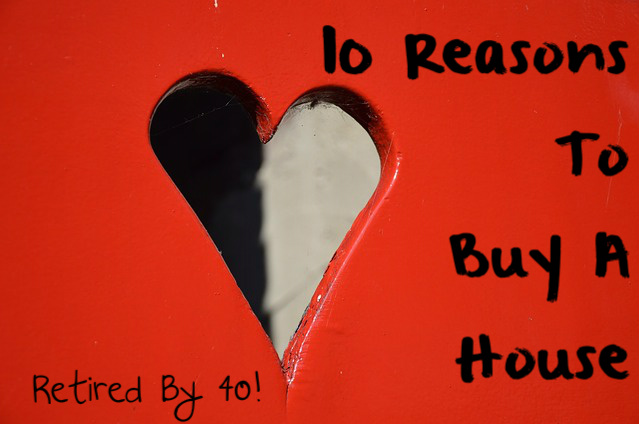
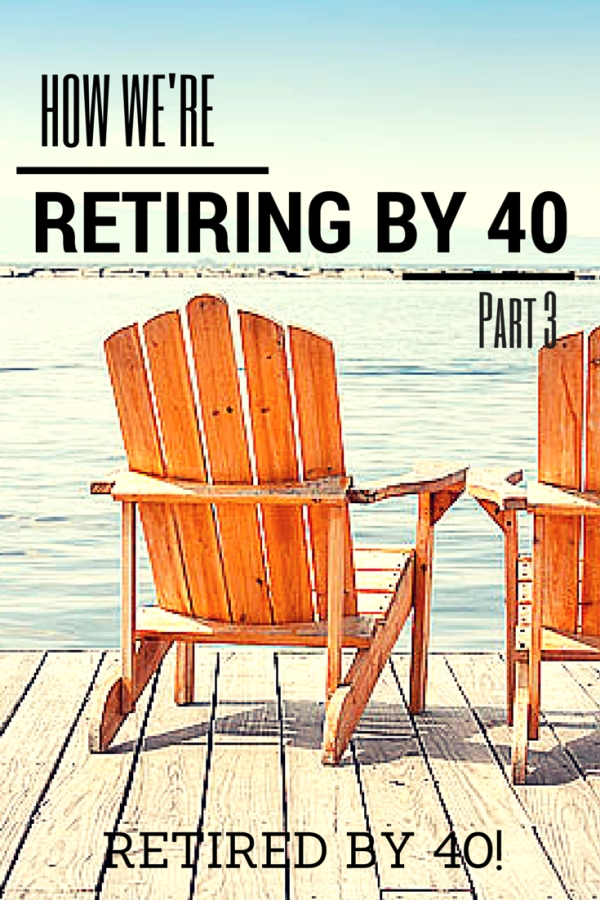
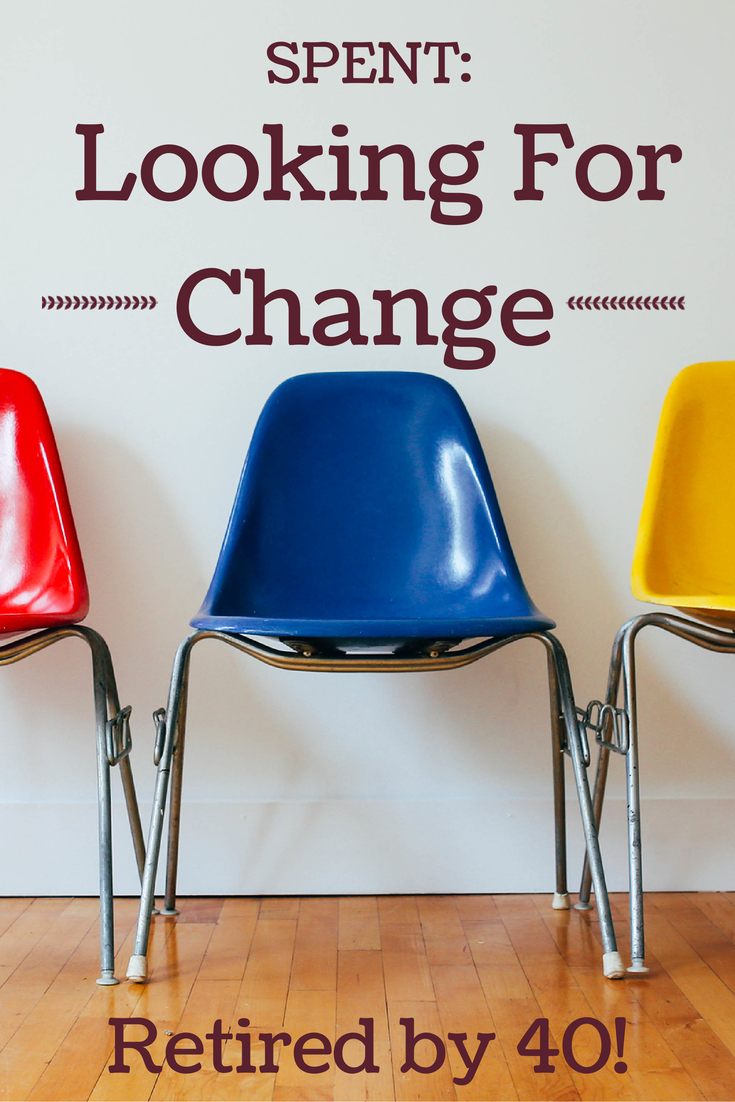


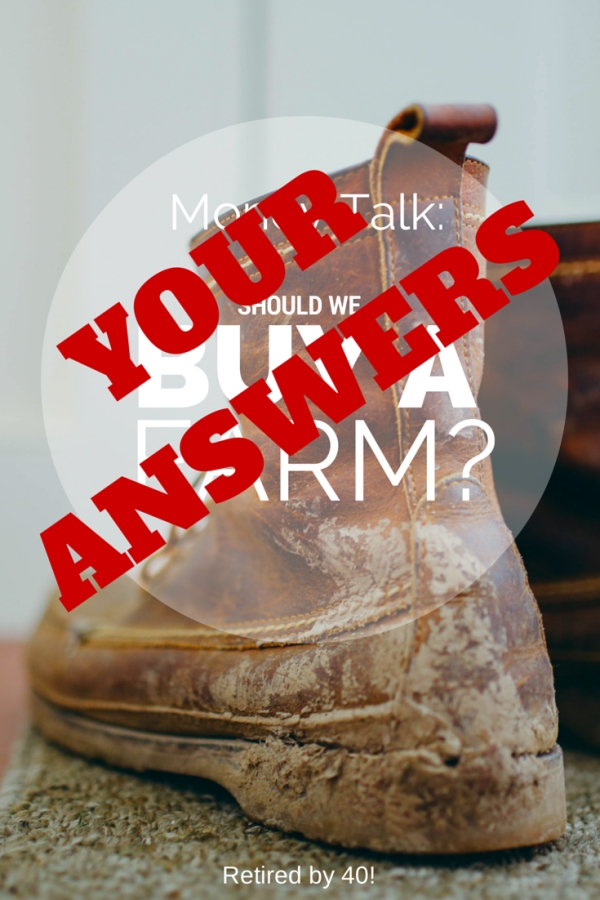


Ok, I really don’t get it.
In which world this is beneficial to the tenants?? You “lend” 90% of the value of the house to get it “rent free”…
First, why don’t you just buy the whole place for 10% more? I guess at 40-60% it makes more sense, but 90%, really?
Second, rent-free is just incorrect, even for those who don’t borrow for it. Take a 100,000$ home (low price I agree but for the sake of the exemple), so you lend 90,000$ to the owner, or 50,000$ for a more usual 50% rate. You still don’t earn the interest or stock earnings you could get with this 50k$, which is your “rent”.
It reminds me of an ad I saw in a marketing classes years ago. It was an ’80s ad for a car dealer, that was giving away FREE luxury cars! You just had to bring a 20,000$ “deposit-only” for a brand new luxury car. You use the car for five years, and then we give you back your FULL deposit and the car is yours to keep!
At that time, interest rates were at an historical high (my uncle renewed his mortgage at a 18% rate!!), so the cost of the car was fully covered in less than 5 years.
True, buying the home would give you an asset, at least in theory, and you’re absolutely right that the 40-60% makes more sense. At 90% I wouldn’t be willing to risk my money, but at 40%-60% absolutely! That scam sounds crazy, right?
Living in a Jeonse’d 3 room villa in Seoul with my wife.
It is quite comfortable. Spacious and a nice enough neighborhood.
Total Jeonse was 150mill Korean Won but the amount we put down was 70mill.
The bank paid the rest and the amount we owe the bank each month is just over 200,000 per month at 3.1%.
Only paying interest.
The Jeonse Contract is for 2 years. At the end of 2 years we can stay on as long as the homeowner allows. There may be an increase in the Jeonse we pay if we are staying on here.
We can continue this Jeonse system with only paying interest for 8 years – 4*2 year stints.. we can move house if we want.
What do ye think of this..